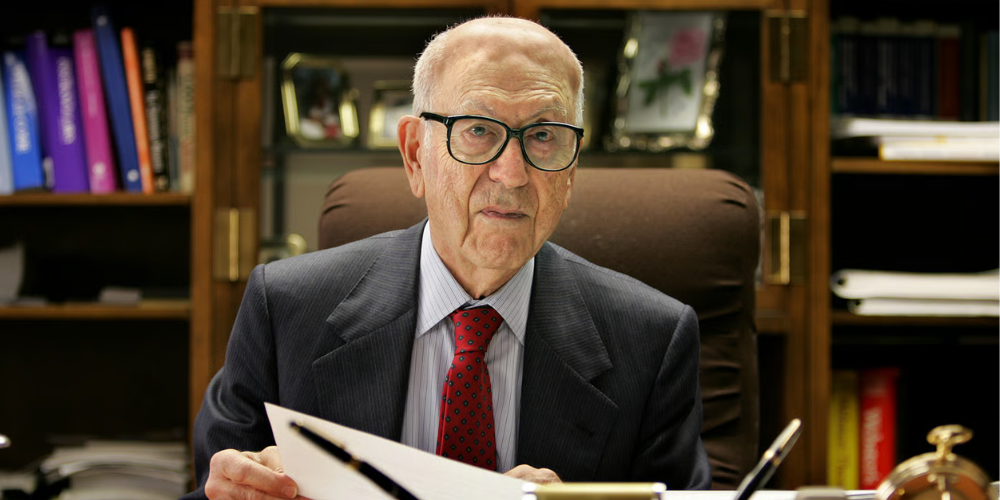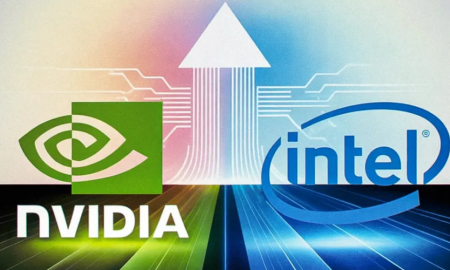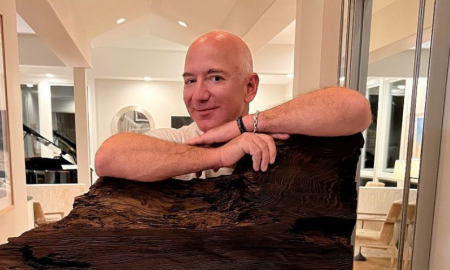
America’s Billionaires Get Older—Millennials Wait for Wealth Transfer

Many of today’s billionaires don’t match the youthful tech-founder image often portrayed. While names like Elon Musk, Sam Altman, and Mark Zuckerberg are often linked to modern wealth, they represent a much younger minority. Globally, billionaires under 50 make up only about 10% of the elite club, whereas one in every five billionaires in the United States is in their 80s or 90s, and many continue to work every day despite their senior status.
This generational shift is especially significant as experts estimate that $124 trillion in wealth will change hands by 2048, with much of it passing to millennials and Gen X heirs.
Billionaires Well Beyond Retirement Age
While most people slow down as they grow older, many billionaires remain active in their businesses.
George Joseph, founder of Mercury General, is 103 years old and still works at his company headquarters. With a net worth of $2.3 billion, he remains the oldest billionaire in America. Joseph, a World War II veteran, holds about 35% ownership and continues to influence his company’s operations.
Alice Schwartz, 99, co-founded Bio-Rad Laboratories with her husband in 1952. Today, her net worth sits around $2 billion, showing the long-lasting rewards of early innovation.
Wilma Tisch, 98, inherited her fortune from the founders of Lowes Corporation, which was launched in 1946 when Laurence Tisch persuaded his family to invest in a hotel in Lakewood, N.J.
These examples highlight that immense wealth often stays in motion well into advanced age.
Warren Buffett’s Reluctance to Slow Down

Instagram | @peoplematters | At 95, Warren Buffett proved his love for work is stronger than his desire to slow down.
Warren Buffett remains one of the most famous examples of billionaires who prefer work over leisure. At 95, the Berkshire Hathaway leader announced his retirement from day-to-day responsibilities but quickly made it clear he had no interest in slowing down. As he put it, watching television dramas was never going to replace his love for business.
His sentiment is shared by many of his peers. Around 150 billionaires are currently in their eighties, including Michael Bloomberg, cofounder of Bloomberg LP, and Les Wexner, former CEO of Victoria’s Secret.
Mapping the Flow of Generational Wealth
The aging billionaire class plays a central role in what experts call the Great Wealth Transfer. According to Cerulli Associates, an estimated $124 trillion will be passed down over the next 25 years. Out of this massive sum, about $105 trillion will move directly to heirs, with only $18 trillion projected for charitable giving.
More than half of the transfers—roughly $62 trillion—will come from billionaires and the ultrawealthy. This means the top 2% of households hold the keys to the largest wealth handover in modern history. Millennials, in particular, are expected to inherit around $46 trillion, making them the primary beneficiaries of this economic shift.
From Fortune-Building to Legacy

Freepi |creativaimages | Wealth grows across generations as older billionaires pass on fortunes and younger heirs shape new futures.
One in five billionaires is over 80, which shows how older generations continue to hold much of the world’s wealth. These individuals built their fortunes during times of rapid economic expansion, booming stock markets, and favorable property investments. Over decades, they created financial legacies that now shape the futures of their children and grandchildren.
As heirs inherit this wealth, they may set new trends in philanthropy, investing, and innovation. Today’s billionaires still focus heavily on traditional industries and finance, but their children increasingly direct money toward technology, sustainability, and global causes.
A Shift That Redefines Generational Wealth
The billionaire class shows no signs of fading quietly. Many continue to lead companies well into their 90s and beyond, proving that wealth and work ethic often last a lifetime. Yet, the clock is ticking. As these fortunes eventually pass to heirs, millennials and Gen X stand on the brink of one of the largest financial shifts in history.
This generational handoff won’t just enrich families—it will reshape economies, influence markets, and redefine how wealth powers the next chapter of innovation.
More in Rich & Famous
-
`
Will Bitcoin Crash to $0 or Hit $500K in a Decade?
Bitcoin’s future divides analysts into two extreme camps. Some see it becoming one of the most valuable financial assets in history....
October 12, 2025 -
`
Can Anyone Really Blame Mariah Carey for ‘Leaving’ the Real World?
Mariah Carey isn’t like the rest of us. From the moment she opens her mouth and that voice pours out, she...
October 10, 2025 -
`
Intel Invests in Nvidia, but Ratings Remain Unchanged
Intel’s stock jumped more than 30% after news broke that Nvidia poured $5 billion into the company. The rally sparked renewed...
October 5, 2025 -
`
Homeownership vs. Real Estate Investment: What’s Better?
Homeownership has long been seen as the American dream. But today, more people are asking: Is it really the smartest way...
October 3, 2025 -
`
Why the Armani Fashion Empire Is Set for an IPO
Giorgio Armani, one of the most iconic names in global fashion, left behind a detailed plan for the future of his...
September 27, 2025 -
`
Why Do Pokémon Cards Outperform the S&P 500 As an Investment?
Pokémon cards have outperformed the stock market by a mile. Since 2004, they have delivered a staggering 3,821% return, according to...
September 27, 2025 -
`
Can President Trump Legally Fire Fed Governor Lisa Cook?
Lisa Cook is right in the middle of one of the most explosive legal battles in Washington. President Trump wants her...
September 20, 2025 -
`
Jeff Bezos’ Advice for Millennials Who Want Financial Success
Millennials today have grown up in a world where instant access to products and services is the norm. From two-day deliveries...
September 13, 2025 -
`
Maison Margiela’s First-Ever Celebrity Campaign Stars Miley Cyrus
Miley Cyrus just changed the rules again. In August 2025, she became the first celebrity ambassador in Maison Margiela’s 37-year history....
September 12, 2025















You must be logged in to post a comment Login